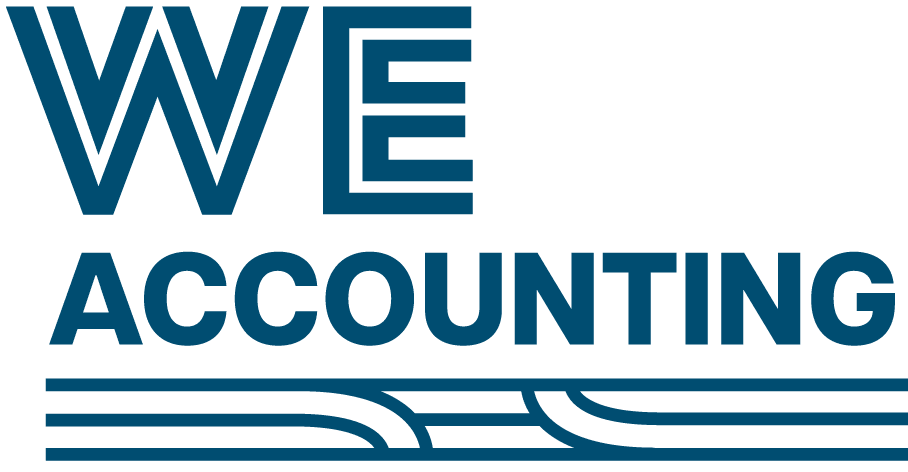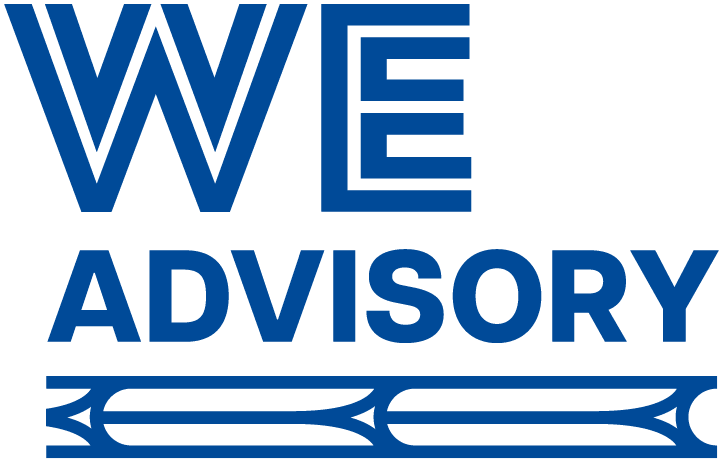In the world of business, maintaining financial health is paramount. One critical aspect of this is ensuring timely tax payments. Failure to meet tax obligations can lead to severe consequences, including liquidation. This article explores the risks associated with tax delinquency and offers practical tips for staying on top of your tax responsibilities to avoid liquidation.
Understanding Liquidation
Liquidation is the process of bringing a business to an end and distributing its assets to claimants. It often happens when a company cannot pay its debts, leading to insolvency. In the context of taxes, if a business fails to pay its tax obligations, the government can initiate legal proceedings to liquidate the company's assets to recover the owed amounts. This not only ends the business but also affects employees, suppliers, and other stakeholders.
The Consequences of Tax Delinquency
- Legal Action and Penalties: Unpaid taxes can lead to significant penalties, interest charges, and legal action. Tax authorities have the power to seize assets, garnish wages, and freeze bank accounts to recover unpaid taxes.
- Damage to Reputation: Tax issues can tarnish a business’s reputation, making it difficult to secure loans, attract investors, or retain customers.
- Operational Disruptions: Legal battles and asset seizures can disrupt daily operations, causing further financial strain and potentially leading to business closure.
- Personal Liability: In some cases, business owners can be held personally liable for unpaid taxes, putting their personal assets at risk.
Strategies to Avoid Liquidation
To prevent the severe consequences of tax delinquency, businesses must adopt proactive strategies to manage their tax obligations effectively.
1. Maintain Accurate Financial Records
Keeping detailed and accurate financial records is crucial. This includes tracking all income, expenses, and tax-related transactions. Use accounting software to streamline this process and ensure records are up-to-date.
2. Understand Your Tax Obligations
Stay informed about the various taxes your business is liable for, including income tax, PAYE, GST and any other applicable taxes. Consult with us to understand your obligations and plan accordingly.
3. Budget for Taxes
Incorporate tax payments into your budget. Set aside a portion of your revenue regularly to cover your tax liabilities. This ensures you have the funds available when tax payments are due, reducing the risk of falling behind. To know what this should look like for you, reach out to us.
4. Automate Tax Payments
Consider setting up automated payments for your tax obligations. Many tax authorities offer electronic payment systems that allow you to schedule regular payments, ensuring you never miss a due date.
5. Hire a Great Accountant
A good accountant, like the WE team, can provide invaluable assistance in managing your tax obligations. WE can help you understand complex tax laws, identify potential deductions and credits, and ensure you file your taxes accurately and on time.
6. Review and Adjust Regularly
Regularly review your financial and tax situation. Adjust your strategies as necessary to accommodate changes in your business operations or tax laws. This proactive approach helps you stay ahead of potential issues.
7. Communicate with Tax Authorities
If you encounter financial difficulties, communicate with tax authorities promptly. They may offer payment plans or other arrangements to help you manage your tax debt without facing severe penalties or liquidation.
Staying on top of your tax payments is essential to avoid the drastic measure of liquidation. First and foremost, if you are one of our clients - call us!! But you can also - maintain accurate records, understand your tax obligations, budget effectively, automate payments, and communicate with IRD before they start chasing you.
Remember, proactive tax management not only safeguards your business but also ensures its long-term success and stability.











